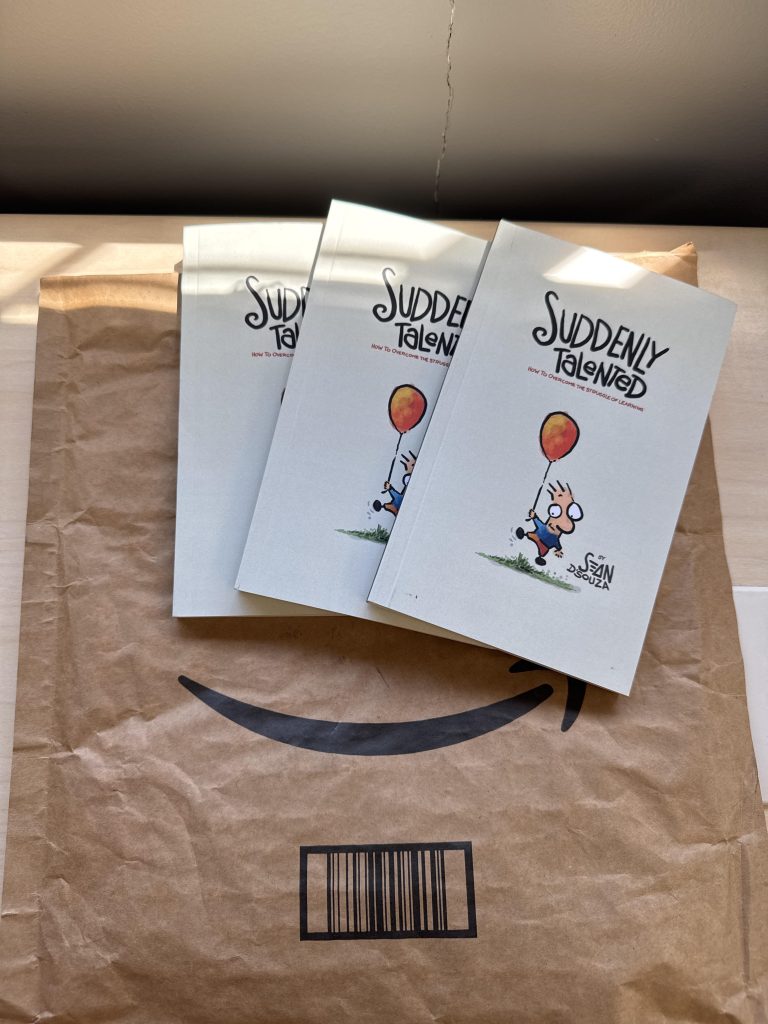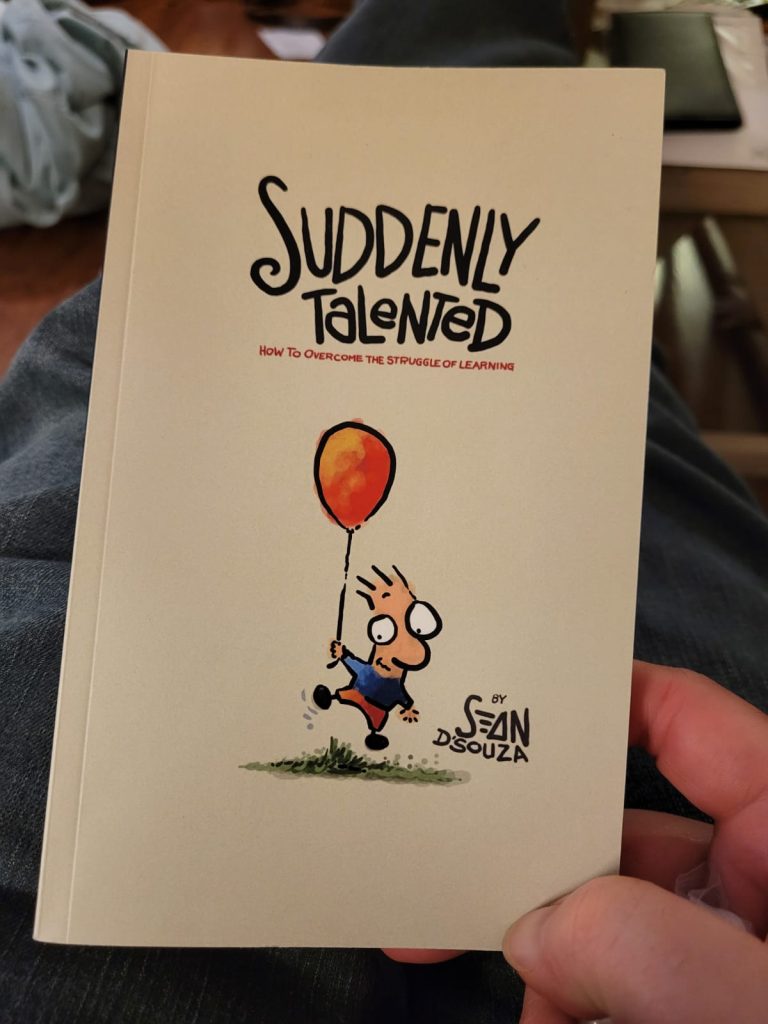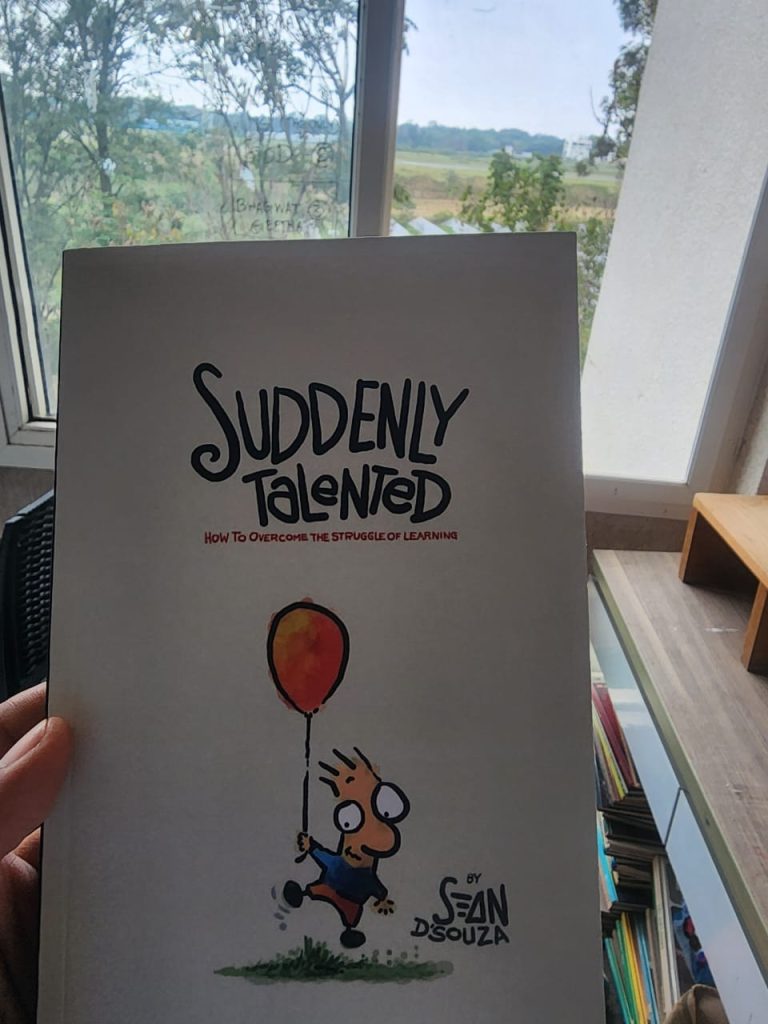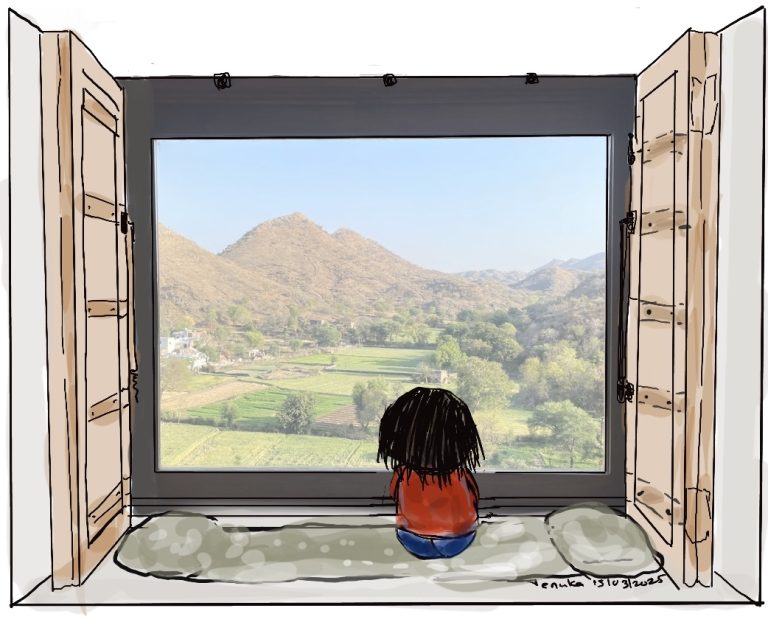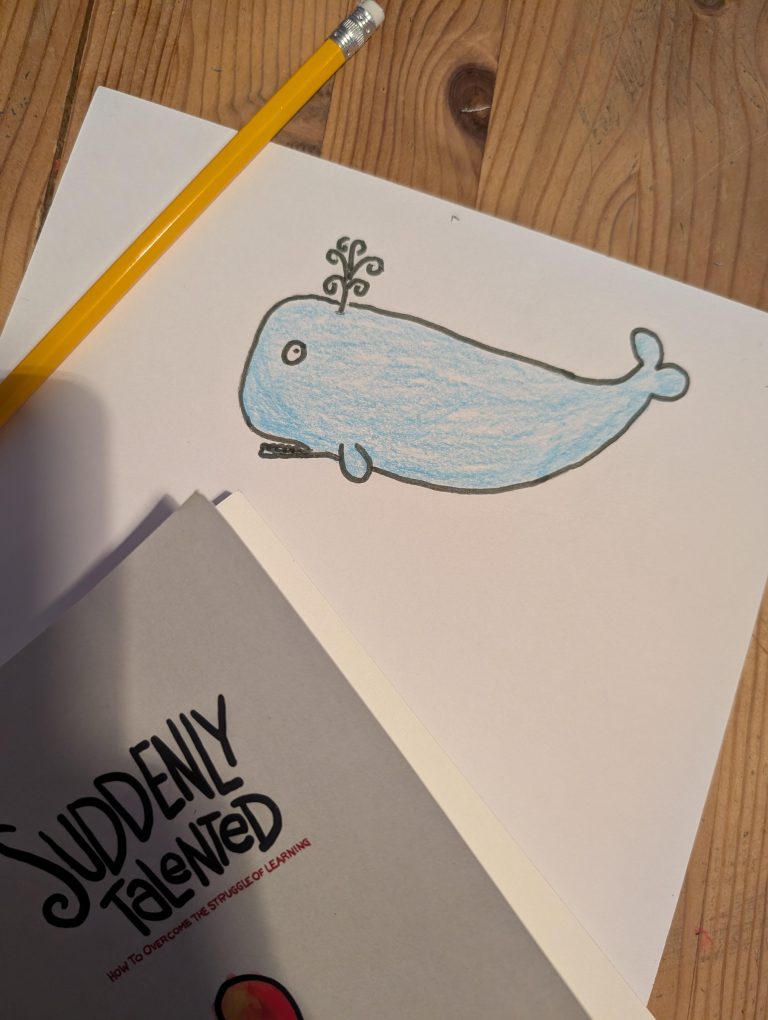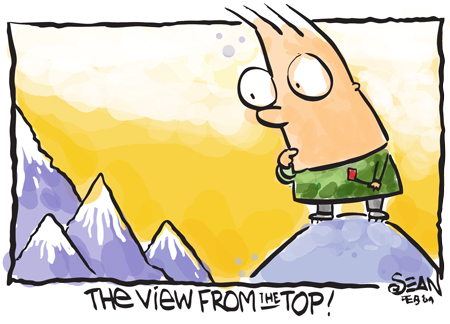
Do you sometimes think you have “shiny object syndrome”?
Do you seem to hop from one thing to another, only to feel disappointed? What if you couldn’t change your mind so often?
That’s what the “five-year” lease is all about. You somehow have to make it work. Let’s find out how to use the “five-year” lease concept to your advantage.
Right click to save this episode.
New Zealanders are obsessed with the coffee that they drink.
Yes, you get bad coffee like everywhere else, but on average, the coffee is of a very high standard, which means that if you're going to open a cafe, you're running into a lot of competition.
Competition that already exists. Those competitors have existing clients, and you have to entice those clients to your business. How do you get your business off the ground as a new cafe? Today's story is about one such cafe.
It opened around two years ago, and almost nobody had walked through the door for the first month. This depressing mood carried on through the second, third and fourth months.
When you have no customers, you have no reviews online, but you're paying for water, utility bills, and rent. You'd have to ask why the cafe owner shows up at all.
The most straightforward answer is that they signed a five-year lease.
When you read about cafes and restaurants, you find 17% go out of business in the first year. By the second year, that number had exploded to 61%. However, that also seems to suggest that 39% of businesses remain.
When you consider that the failure rate is exceptionally high, a five-year lease seems like a noose around your neck, but for those who change their strategy, get help, or receive training, it's a matter of riding the rough times out until things improve.
As business owners, we, too, have a similar challenge.
Let's say you start up a podcast. When will the podcast come to a stop? Based on current statistics, most businesses record around 11 podcasts and then stop. Why?
It's because no one is listening. Nobody is showing up. Maybe they have just 15 downloads per podcast, and it doesn't seem worth the trouble to think of a topic, script it, record and edit it. There's also the cost of podcast hosting, music production, etc. Why would you show up for 15 people?
The reality is you should.
Take, for example, what we at Psychotactics had to do when we first launched the book The Brain Audit. The Internet was relatively young in those days, and most sales were usually offline.
It meant we'd have to get in a car and get to a venue. Sometimes, the venue would be the boathouse, five minutes away. One time, the event was about 226 km away and started at 7 am.
We had to wake up before 4 am to make it to the venue. When we got to our location, it was bolted shut. Then, minutes before the event, three people showed up.
Have you tried presenting to three people? What's your success rate if they all buy a copy of your book? Worse still, what do you do if none of them buy a copy?
You do what a person with a five-year lease does. You figure out how to move ahead or simply fold over and give up.
Business owners usually tackle this problem by saying they have shiny object syndrome.
Shiny object syndrome (or being easily distracted) is, at best, an excuse. Every one of us wants a quick win. Who wants to show up and have 15 people on a podcast? Or worse, three people at an event? We all like quick wins and novelty.
But some of us have a five-year lease.
At times, this lease might be for a single product or service. However, this problem compounds when you have many products and services because they all must be maintained.
They all have five-year leases. Psychotactics has different products, services, workshops, podcasts, and a membership site at 5000bc.
As you can tell, it's a lot to manage.
- The membership site has been going for 21 years now.
- The podcast has been around for over 10 years.
- Newsletters have been diligently sent out since 2000.
This is not a boast—it's a lease.
We took the lease, and now we have to ensure it works. If it's not working, we need to change our strategy and get new training or coaching. We can't just throw our hands up and hope for some magical solution.
As you probably know, we've launched a book on Amazon called “Suddenly Talented,” and it's a five-year lease as well.
- How do we promote the book?
- Which podcasts do we get on?
- Which interviews do we do?
- How do we promote it locally?
These are just some of the questions that we have to ask.
After which, it's time to implement what needs to be done. If we make excuses or look for a quick fix, all the work we've put into creating a product or service will go to nothing.
We have to believe somehow that we have a five-year lease in place, and it's a journey. The five-year lease can be seen as both a negative and a positive.
What's your five-year lease?

